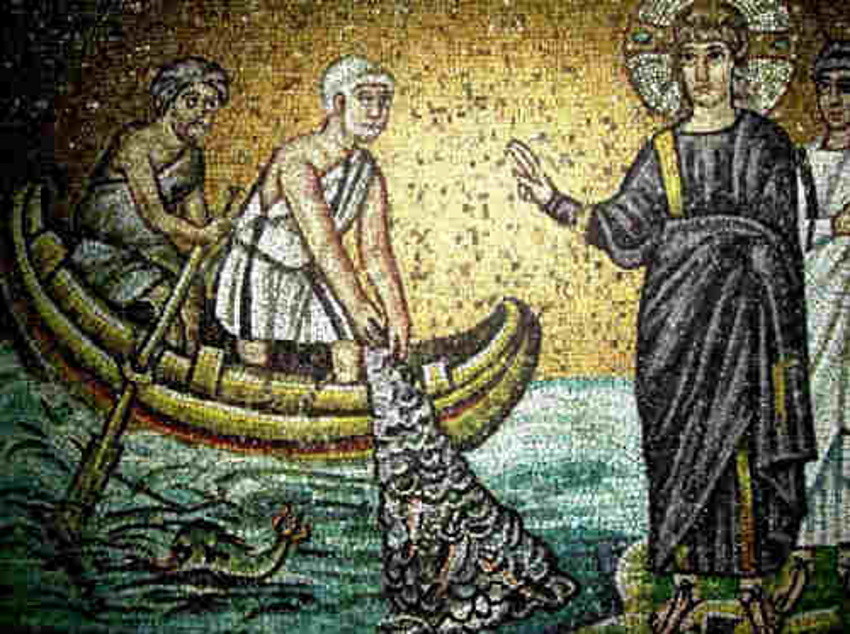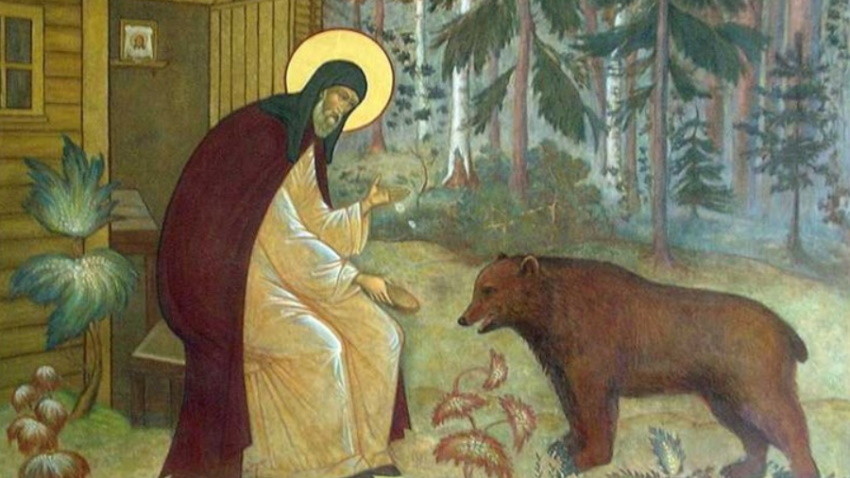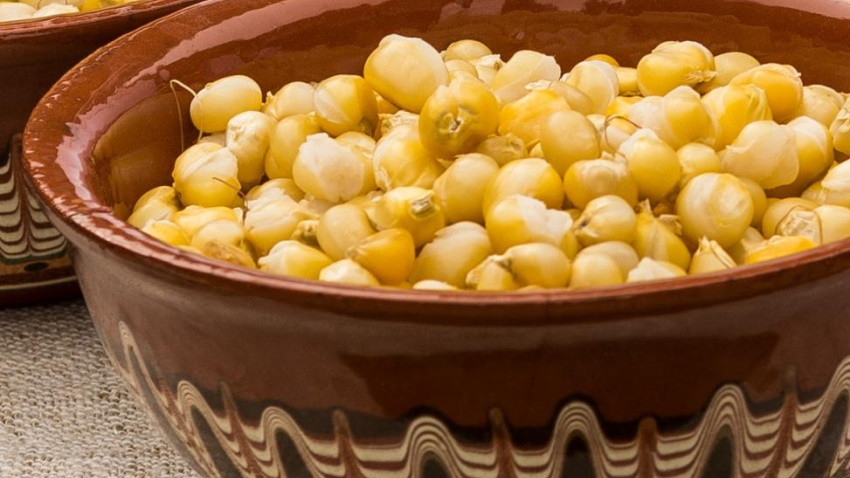In Bulgarian folk traditions, St. Andrew's Day (Andreevden in Bulgarian) marked on the last day of November is considered as part of the Christmas and New Year holiday cycle. Many of the rituals associated with this date are still performed today. And even the youngest children in this country have heard the belief that from St. Andrew's feast the night starts to become shorter and the day begins to grow "with one millet grain". This is the case until St. Ignatius' Day (Ignazhden) on December 20 when the light part of the day increases as much as the tip of a needle.
The Orthodox Christian feast celebrated on November 30honours the memory of St. Andrew, or Andrew the Apostle (known in the Orthodox tradition as the First Called (Parvozvani), brother of St. Peter. A disciple of John the Baptist, according to tradition, Andrew was among the people to whom John pointed to Jesus with the words, “Behold the Lamb of God!” When he heard this, Andrew followed the Saviour and spent the whole day with Him. Andrew and Peter were fishermen and continued to lead their previous lives after this event. After a while, Jesus met them on the shores of the Sea of Galilee while they were fishing and told them, "Follow Me, and I will make you fishers of men." Since then, they have followed Him everywhere and witnessed His miracles, death, and resurrection.

Probably the fact that St. Andrew was a fisherman, people in Bulgaria, especially along the southern Black Sea coast, honour the saint on a par with St. Nicholas (December 6). There is also the folk belief that St. Andrew was the father of St. Nicholas. In folk songs and legends, he is also the master of sea storms and halls as well as the lord of bears. The most popular folk legend related to Saint Andrew tells the story of how the saint harnessed a bear to his plow as the forest animal ate his ox. Then, riding the bear, he returned to his village.
Another folklore story depicts Andrew as a hermit in the forest who tamed a bear. After his hermitage was over, he went to the monastery to receive communion. As in the first tale, the saint rode the bear and thus reached his brethren and partook of communion.

On St. Andrew's Day, young brides do not work in order to "grow bigger" sooner, i.e. to conceive. On the eve of the holiday, women cook corn, beans, lentils and all kinds of cereals that swell during cooking. This is usually done in a new pot. In the morning, each of the family members takes a little of the cooked cereals and throws it through the chimney, making a blessing for fertile crops (good harvest), putting a little in the fodder of the cattle, and eating the rest.

The belief that on St. Andrew's Day everything starts to "grow" is reflected in the other names of the holiday - Edrey, Edrin (from the word “edar” – big, large). And the other name Mechkinden (Bear’s Day), of course, comes from the stories of how the saint was capable of taming bears.
Photos: BGNES, pravoslavieto.com
On the second day after Easter begins Bright Week. It is so called because of the light that Christ's Resurrection brings to the world. According to Orthodox tradition, it is a time when the Holy Apostles and the Virgin Mary are glorified. Bright Week..
Patriarch Daniil celebrated a divine service for the so-called Second Resurrection of Christ in the Sofia-based church of Saint Nedelya. Patriarch Daniil greets Bulgarians with “Christ is Risen” At the festive liturgy, texts from the Gospel..
Patriarch Danil of Bulgaria, Metropolitan of Sofia, greeted the faithful with the joyful words "Christ is risen!" In his Easter message, he called on Orthodox Christians to share the extraordinary joy of heaven with the world through a life of light and..

+359 2 9336 661
